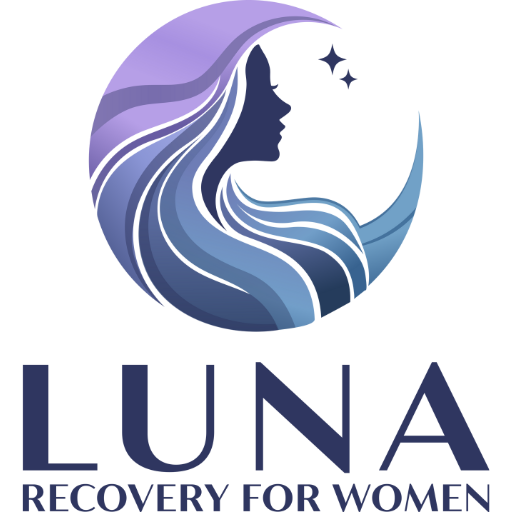In the relentless quest for the “perfect body,” weight loss pills often seem like a tempting shortcut. Marketed as quick fixes that deliver results with minimal effort, they’ve secured a major foothold in the health and wellness industry. But beneath the flashy marketing and bold claims lies a deeper concern: Is it possible to become addicted to weight loss pills? Before we explore the addiction risks, let’s first understand what these pills are and how they function.
Understanding Weight Loss Pills

Weight loss pills come in several forms—prescription drugs, over-the-counter (OTC) supplements, and herbal remedies. They generally fall into a few key categories:
- Appetite Suppressants: Reduce hunger to help you eat less.
- Fat Absorption Blockers: Limit the absorption of dietary fat in your digestive system.
- Metabolism Boosters: Increase your resting metabolic rate to help burn more calories.
Prescription vs. Over-the-Counter Options
Prescription medications like phentermine, orlistat, and liraglutide are typically reserved for individuals with significant health risks related to obesity. These are usually prescribed in combination with recommended lifestyle changes, such as improved diet and increased physical activity.
OTC supplements, on the other hand, are more widely accessible and far less regulated. Common ingredients include green tea extract, garcinia cambogia, and caffeine—some of which have controversial safety records. Despite being easier to obtain, these products can still pose serious health risks.
How Do Weight Loss Pills Work?
These pills influence different bodily systems:
- Appetite suppressants act on brain chemicals like serotonin or norepinephrine to curb hunger.
- Fat blockers interfere with fat absorption in the digestive tract.
- Stimulants, often present in both prescription and OTC products, increase heart rate and energy expenditure.
While these mechanisms can lead to initial weight loss, they rarely foster long-term habits and often come with a host of side effects.
The Risk of Addiction
Addiction isn’t limited to illicit substances—it can also stem from legal medications and supplements. With many weight loss pills, particularly those that contain stimulants, the potential for addiction is real and serious.
- Psychological dependence can manifest as emotional reliance, compulsive use, and cravings.
- Physical dependence involves withdrawal symptoms if you stop taking the pills.
Stimulant-based medications, such as those containing amphetamine-like compounds, can boost energy, suppress appetite, and improve mood. However, they also activate the brain’s reward system in a way similar to other addictive substances like methamphetamine—though generally to a lesser degree.
Notably, medications like phentermine are classified as Schedule IV controlled substances in the U.S., meaning they carry a known risk for abuse and dependency.
Signs of Addiction to Weight Loss Pills
You may be dealing with an addiction if you:
- Feel anxious or emotionally unstable when not taking the pills
- Increase your dosage without medical supervision
- Prioritize pills over regular meals
- Continue usage despite negative side effects
- Experience withdrawal symptoms like fatigue, mood swings, or excessive hunger
Recognizing these signs is the first step toward getting help.
Why Weight Loss Pills Can Be Dangerous
Weight loss pills often tap into deeper emotional struggles surrounding self-image, self-worth, and control. This makes psychological dependence more likely, especially in individuals with existing eating disorders like anorexia or bulimia.
Because OTC weight loss supplements are easy to access and poorly regulated, many people assume they’re safe. Unfortunately, these products can contain hidden stimulants or harmful additives that increase the risk of both dependency and serious health complications.
Potential risks of misuse include:
- High blood pressure and heart irregularities
- Mood disorders, anxiety, or paranoia
- Gastrointestinal issues like constipation or diarrhea
- Severe dehydration or electrolyte imbalance
- Liver, kidney, or heart damage
In extreme cases, long-term abuse can even be fatal.
Treatment for Weight Loss Pill Addiction in North Andover, MA

Though they may seem like a miracle solution, weight loss pills come with risks that are often overlooked—addiction being one of the most serious. It’s important to understand how these pills work, recognize warning signs of abuse, and pursue healthier, more sustainable approaches to weight management.
If you or someone you care about is struggling with weight loss pill dependency, help is available—and recovery is achievable.
Effective treatment options include:
- Medical detox for managing severe withdrawal symptoms
- Cognitive-behavioral therapy (CBT) to address emotional triggers and thought patterns
- Nutritional counseling to rebuild healthy eating habits
- Support groups to foster connection and accountability
Ultimately, sustainable weight loss isn’t about quick fixes—it’s about consistent habits involving balanced nutrition, regular movement, adequate sleep, and stress management.
At Luna Recovery for Women, we offer personalized support and guidance to help you craft a realistic and safe plan for reaching your goals—without resorting to dangerous shortcuts.
Contact us anytime at (855) 943-0472 or info@lunarecoverycenter.com, or visit us at 1270 Turnpike St, North Andover, MA (01845).


